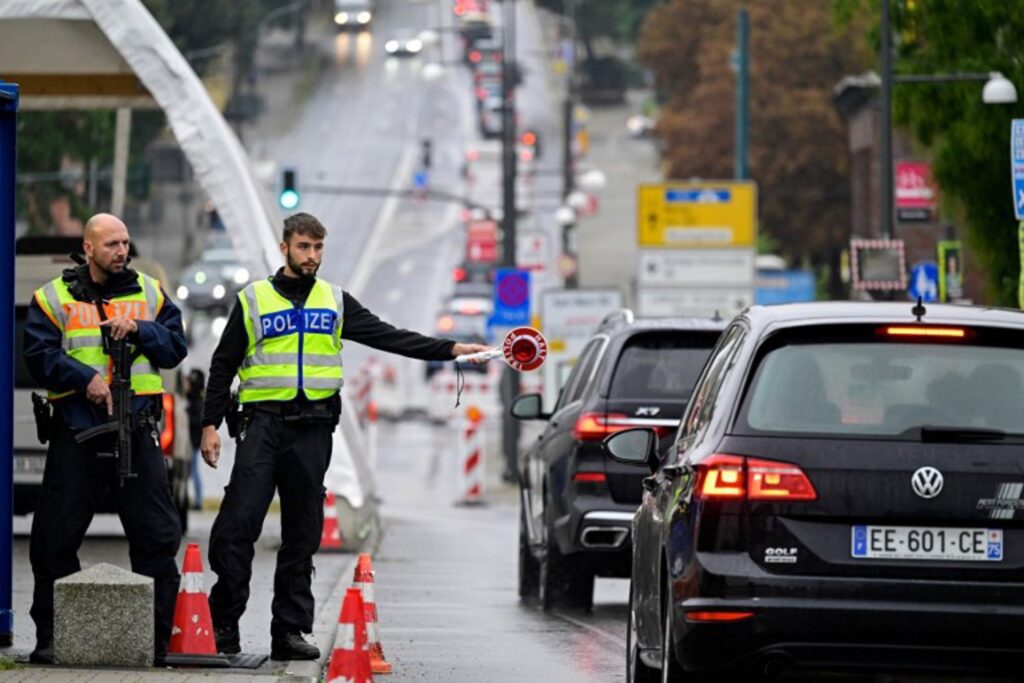Temporary border controls reinstated by Germany to combat illegal immigration could further weaken the faltering European economic powerhouse, according to a new study.
Trade “could lose up to €1.1 billion per year” and increase the risks of recession “potentially by €11.5 billion in GDP terms,” said Jasmin Gröschl, an economist at credit insurer Allianz Trade and co-author of the study says.
The random checks at the country’s nine borders, reinstated for six months, could extend travel times by 20 minutes in Germany, a major transit country within the Schengen area, the study explains.
This could cause delays and increase costs for businesses involved in international trade, especially at the German-Dutch border, where 1,000 trucks pass daily.
Border delays could lead to “increased costs in various sectors,” from machinery to pharmaceuticals to tourism, as well as “supply chain disruptions and an estimated 8% drop in imports to Germany,” Gröschl explains.
The delays could force companies to increase their stockpiles, raising expenses and putting additional pressure on the German industry, which is already weakened by the Russian war in Ukraine, competitive pressures, and global supply chain challenges.
This year, over 90,000 people have entered Germany illegally from January until September, according to German police data.

